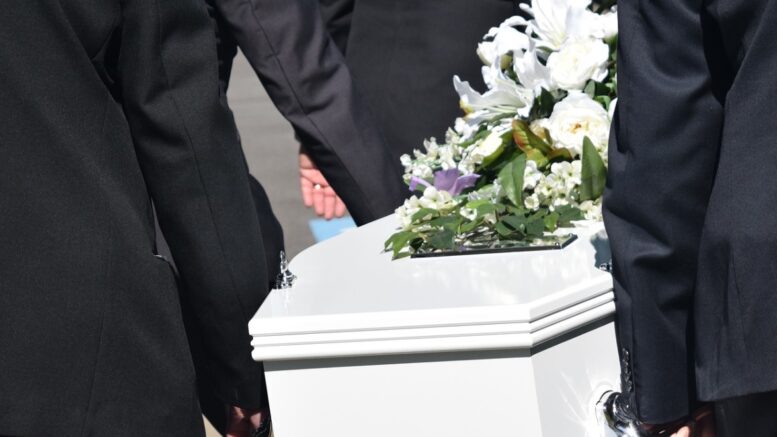More than 2.5 million Americans are estimated to die each year, leaving friends and family grieving. Especially during this time of the pandemic, the amount of people experiencing grief has increased.
Grief is not easy, and people react differently. Common reactions are distress and anger. Also, loss of sleep and appetite, anxiety, and even shock, disbelief, or denial are common reactions. The reaction might even be a combination of all this for someone who has experienced multiple losses.
One of the solutions to help with loss is grief counseling for the bereaved family members. The length someone can grieve varies, and the first several days or weeks are the most difficult for many grievers. Also, about 20% -30% of people will never get over a loss in their entire lives and need help with the whole situation.
Grief counseling can take various approaches. Here are five types of grief counseling that will help you heal:
Meditative or Relaxation Techniques
Grief meditation allows you to sit with what you’re feeling now, even if it’s numbness. Living in the present moment helps individuals become aware of the pain and sadness they are feeling.
Research supports the practice of meditation and mindfulness because it changes our brain and helps reduce pain and anxiety.
Meditation increases our concentration and focuses on the place where grief resides in our hearts and mind. Then you can get a clear perception of the situation free from all the confusion of changes in daily life due to a loss.
Discussion and Sharing
A problem shared is half solved is a cliché, but the truth.
When you share with others and discuss how you feel about grief, you lift a burden from yourself. Also, sharing helps with the sense of belonging to a community that is willing to help and support you.

Art Therapy
Art therapy aims to take your mind off grieving. The biggest challenge of grief is anxiety because you constantly think about your loss.
When you take up painting, no matter how bad a painter you are, the activity helps you detach from the grief and live in the moment.
Cognitive Behavioral Training
Cognitive-behavioral training is all about helping someone suffering from a loss become aware of their negative thought patterns and fears about the future.
Negative thought patterns make it impossible to process grief, and that is why most people who have lost a loved one are either shocked or living in denial.
Cognitive-behavioral training may involve sharing what you feel and your thoughts about the situation. Sharing will help the trainer recognize the pattern and try to help you.
Hypnosis
Hypnosis, also called hypnotherapy, is the ideal option for grief counseling for instances where loss leads to particularly traumatic situations. Hypnotherapy creates a heightened focus and concentration using verbal repetition and mental images.
Research has proven that hypnosis helps many patients cope with anxiety or pain and controls undesired behavior. There are risks to hypnosis, and thus crucial that you only seek the services of a licensed therapist.
Wrap Up
Loss is devastating, and guided grief can help lessen the burden. The best place to seek an answer is to go for grief counseling.
